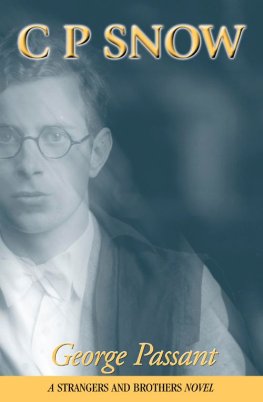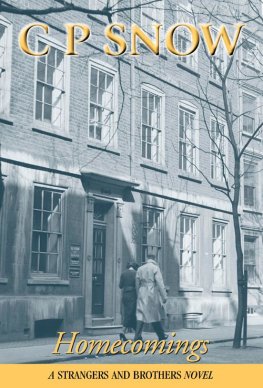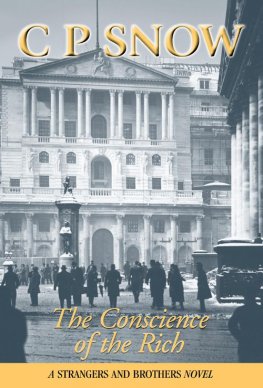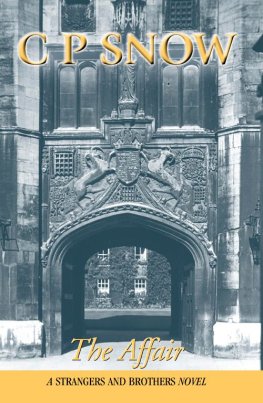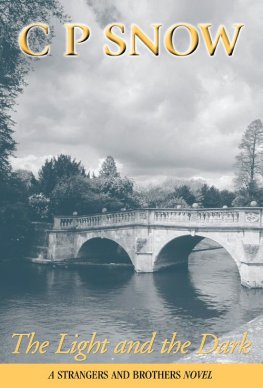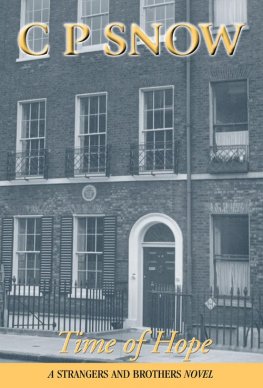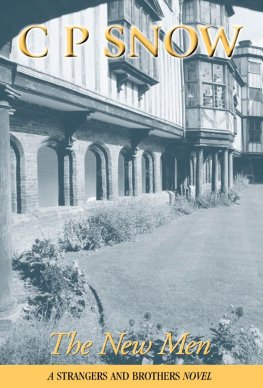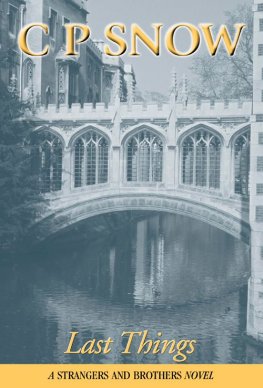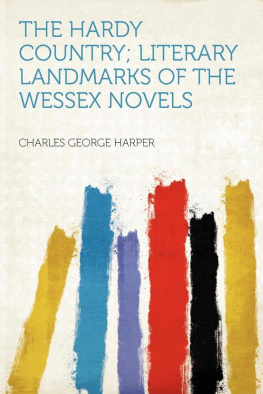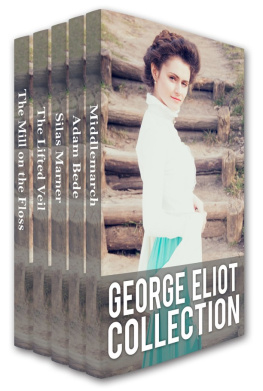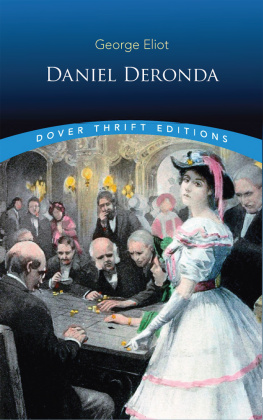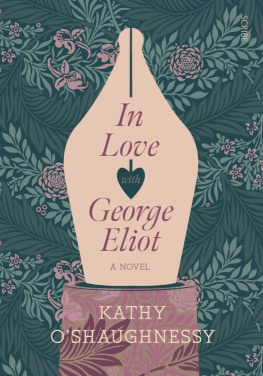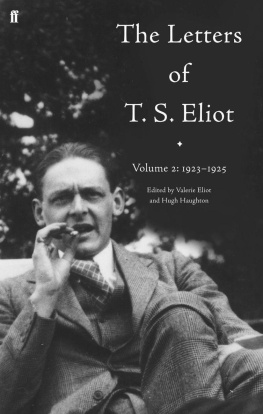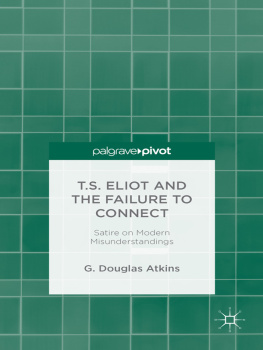Charles Snow - George Passant
Here you can read online Charles Snow - George Passant full text of the book (entire story) in english for free. Download pdf and epub, get meaning, cover and reviews about this ebook. year: 2012, publisher: House of Stratus, genre: Prose. Description of the work, (preface) as well as reviews are available. Best literature library LitArk.com created for fans of good reading and offers a wide selection of genres:
Romance novel
Science fiction
Adventure
Detective
Science
History
Home and family
Prose
Art
Politics
Computer
Non-fiction
Religion
Business
Children
Humor
Choose a favorite category and find really read worthwhile books. Enjoy immersion in the world of imagination, feel the emotions of the characters or learn something new for yourself, make an fascinating discovery.
- Book:George Passant
- Author:
- Publisher:House of Stratus
- Genre:
- Year:2012
- ISBN:9780755120109
- Rating:3 / 5
- Favourites:Add to favourites
- Your mark:
- 60
- 1
- 2
- 3
- 4
- 5
George Passant: summary, description and annotation
We offer to read an annotation, description, summary or preface (depends on what the author of the book "George Passant" wrote himself). If you haven't found the necessary information about the book — write in the comments, we will try to find it.
George Passant — read online for free the complete book (whole text) full work
Below is the text of the book, divided by pages. System saving the place of the last page read, allows you to conveniently read the book "George Passant" online for free, without having to search again every time where you left off. Put a bookmark, and you can go to the page where you finished reading at any time.
Font size:
Interval:
Bookmark:
C.P. Snow
George Passant
About the Author

Charles Percy Snow was born in Leicester, on 15 October 1905. He was educated from age eleven at Alderman Newtons School for boys where he excelled in most subjects, enjoying a reputation for an astounding memory and also developed a lifelong love of cricket. In 1923 he became an external student in science of London University, as the local college he attended in Leicester had no science department. At the same time he read widely and gained practical experience by working as a laboratory assistant at Newtons to gain the necessary practical experience needed.
Having achieved a first class degree, followed by a Master of Science he won a studentship in 1928 which he used to research at the famous Cavendish Laboratory in Cambridge. There, he went on to become a Fellow of Christs College, Cambridge, in 1930 where he also served as a tutor, but his position became increasingly titular as he branched into other areas of activity. In 1934, he began to publish scientific articles in Nature, and then The Spectator before becoming editor of the journal Discovery in 1937. However, he was also writing fiction during this period, with his first novel Death Under Sail published in 1932, and in 1940 Strangers and Brothers was published. This was the first of eleven novels in the series and was later renamed George Passant when Strangers and Brothers was used to denote the series itself.
Discovery became a casualty of the war, closing in 1940. However, by this time Snow was already involved with the Royal Society, who had organised a group to specifically use British scientific talent operating under the auspices of the Ministry of Labour. He served as the Ministrys technical director from 1940 to 1944. After the war, he became a civil service commissioner responsible for recruiting scientists to work for the government. He also returned to writing, continuing the Strangers and Brothers series of novels. The Light and the Dark was published in 1947, followed by Time of Hope in 1949, and perhaps the most famous and popular of them all, The Masters, in 1951. He planned to finish the cycle within five years, but the final novel Last Things wasnt published until 1970.
He married the novelist Pamela Hansford Johnson in 1950 and they had one son, Philip, in 1952. Snow was knighted in 1957 and became a life peer in 1964, taking the title Baron Snow of the City Leicester. He also joined Harold Wilsons first government as Parliamentary Secretary to the new Minister of Technology. When the department ceased to exist in 1966 he became a vociferous back-bencher in the House of Lords.
After finishing the Strangers and Brothers series, Snow continued writing both fiction and non-fiction. His last work of fiction was A Coat of Vanish, published in 1978. His non-fiction included a short life of Trollope published in 1974 and another, published posthumously in 1981, The Physicists: a Generation that Changed the World. He was also inundated with lecturing requests and offers of honorary doctorates. In 1961, he became Rector of St. Andrews University and for ten years also wrote influential weekly reviews for the Financial Times.
In these later years, Snow suffered from poor health although he continued to travel and lecture. He also remained active as a writer and critic until hospitalized on 1 July 1980. He died later that day of a perforated ulcer.
Mr Snow has established himself, on his own chosen ground, in an eminent and conspicuous position among contemporary English novelists New Statesman
Part One
The Triumph of George Passant
1: Firelight on a Silver Cigarette Case
THE fire in our habitual public house spurted and fell. It was a comfortable fire of early autumn, and I basked beside it, not caring how long I waited. At last Jack came in, bustled by the other tables, sat down at mine, and said: Im in trouble, Lewis.
For an instant I thought he was acting; as he went on, I believed him.
Im finished as far as Calvert goes, he said. And I cant see my way out.
What have you done?
Ive done nothing, said Jack. But this morning I received a gift
Who from? Who from?
From young Roy.
I had heard Roys name often in the past two months. He was a boy of fifteen, the son of the Calvert whom Jack had just mentioned and who owned the local evening paper; Jack worked as a clerk in the newspaper office, and during the school holidays, which had not yet ended, the boy had contrived to get to know him. Jack, in his easy-natured fashion, had lent him books, been ready to talk; and had not discovered until the last few days that the boy was letting himself be carried in a dream, a romantic dream.
With a quick gesture Jack felt in his coat pocket and held a cigarette case in front of the fire. Here we are, he said.
The firelight shone on the new, polished silver. I held out my hand, took the case, looked at the initials J C (Jack Cotery) in elaborate Gothic letters, felt the solid weight. Though Jack and I were each five years older than the boy who had given it, it had cost three times as much as we had ever earned in a week.
I wonder how he managed to buy it, I said.
His father is pretty lavish with him, said Jack. But he must have thrown away every penny
He was holding the case again, watching the reflected beam of firelight with a worried smile. I looked at him: of all our friends, he was the one to whom these things happened. I had noticed often enough how womens eyes followed him. He was ready to return their interest, it is true; yet sometimes he captured it, from women as from Roy, without taking a step himself. He was not handsome; he was not even specially good looking, in a mans eyes; he was ruddy-faced, with smooth black hair, shortish and powerfully built. His face, his eyes, his whole expression, changed like quicksilver whenever he talked.
You havent seen it all, said Jack, and turned the case over. On this side there was enamelled a brilliant crest, in gold, red, blue and green; the only quarter I could make out contained a pattern of azure waves. He put a chart inside the case to prove these were the arms of the Coterys, Jack went on, and showed me a piece of foolscap, covered with writing in a neat, firm, boyish hand. One paragraph explained that the azure waves are a punning device, Cte for Cotery, used by a family of Dorset Coterys when given arms in 1607 by James I. I was surprised at the detail, the thoroughness, the genealogical references, the devotion to heraldry as well as to Jack; it must have taken weeks of research.
Its quite possibly genuine, said Jack. The family must have come down in the world, you know. Theres still my fathers brother, the Chiswick one
I laughed, and he let the fancy drop. He glanced at the chart, folded it, put it carefully away; then he rubbed mist from the case and studied the arms, his eyes harassed and half-smiling.
Youd better send it back tonight, I said.
Its too late, said Jack. Didnt you hear what I said that Im finished as far as old Calvert goes?
Does he know that Roys given you a present?
He knows more than that. He happened to get hold of a letter that was coming with it.
It was not till then that I realised Calvert had already spoken to Jack.
What did the letter say?
I dont know. Hes never written before. But you can guess, Lewis, you can guess. It horrified Calvert, clearly. And there doesnt seem anything I can do.
Font size:
Interval:
Bookmark:
Similar books «George Passant»
Look at similar books to George Passant. We have selected literature similar in name and meaning in the hope of providing readers with more options to find new, interesting, not yet read works.
Discussion, reviews of the book George Passant and just readers' own opinions. Leave your comments, write what you think about the work, its meaning or the main characters. Specify what exactly you liked and what you didn't like, and why you think so.

